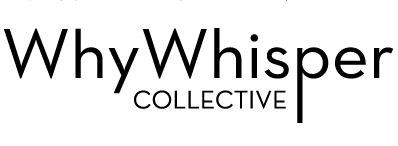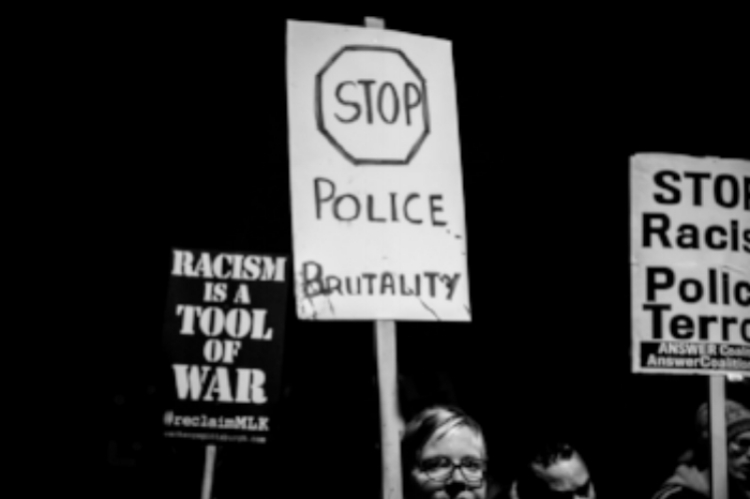Photo source: Jonathan Bachman Photography
It’s been a few weeks since Alton Sterling and Philando Castile were killed by police in acts of excessive force.
With the way our news cycle works, it’s easy to get swept up in the next big piece of news, and become removed from tragic events that quickly become part of the past. But the conversation can’t stop when the news coverage dies down. We can’t wait for another tragedy to occur to take action.
Right now, it’s crucial that we continue to move forward for change around racial injustice in this country. We must continue to do three things: educate ourselves, talk about it with others, and take action. To help keep the momentum going, we’re pulling together a list of resources based on what we’re learning from our research, conversations, and peers.
Please note that this list is not comprehensive by any means. It’s meant to grow and evolve as we continue to learn, talk, and act. If you have any resources to add, or want to talk about a specific resource that we’ve shared here, please feel free to reach out on social – Twitter, Facebook, Instagram, LinkedIn – via email, or in the comments below.
Educate Yourself
If there is any doubt in your mind that you don’t know enough about racism in America, which is true for many of us, it’s time to keep learning. It’s not enough to look at each individual killing in isolation – we each need to better understand why they continue to happen. The onus is on us to seek out information, to take in different perspectives, fact check, and develop thoughtful, well-researched opinions based on those facts.
Ready to educate yourself? Here are some resources that we’ve come across that we think are worth checking out:
Racism, Prejudice & White Privilege
- The Atlantic Slave Trade in Two Minutes
- If Anyone Ever Questioned How White Privilege Manifested Itself in America This Is The Perfect Illustration
- 28 Common Racist Attitudes and Behaviors
- Henry Rollins: White America Couldn't Handle What Black America Deals With Every Day
- On Black Women And Erasure In The Face Of Institutionalized Racism
- Racism Explained by a Good Ol' Southern Boy
- Black and White: Racism in America
- How White Privilege Affects 8 People of Color On A Day-To-Day Basis
- 'We Need Co-Conspirators, Not Allies': How White Americans Can Fight Racism
Looking for resources for kids or teens? Try these:
- How to Talk to Kids About Race & Racism
- #BlackLivesMatter Book List for Teens
- Book List for Talking to Kids About Prejudice
- Raising Race Conscious Children
- Interactive Workshop / Webinar – August 30th
Police Brutality
- All 50 US states fail to meet global police use of force standards
- Final Report of the President’s Task Force on 21st Century Policing
- Police Shootings Won't Stop Unless We Also Stop Shaking Down Black People
- The Police Are Killing One Group at a Staggering Rate, and Nobody Is Talking About It
- 15 Things Your City Can Do Right Now to End Police Brutality
Talk About It
Talking about these complex topics can be challenging, especially when it means confronting people we know about them. But when we consider the fact that lives are being lost because of our fear to confront these issues, our own discomfort becomes inconsequential. We’re working to step outside of our comfort zones and talk about what’s happening in our country right now, and we encourage you to do the same. Talk about it on your own online platforms, with your friends and family, and in community settings. Encourage others to connect and discuss racism in America, police brutality, and what needs to change. Your knowledge empowers you to speak up confidently in the face of racist and inaccurate statements.
If you’re looking for some support, here are some resources that might help:
Take Action
While education and discussion are absolutely crucial, they aren’t enough to create systemic change. We need to be advocates, activists, and allies in practice, and that means taking it a step further – showing up and putting in time.
If you’re ready to take action, here are some ways you can get started:
Sign and Share Petitions
- Call on President Obama to De-Fund Police Departments that devalue Black lives: Color of Change Petition
- Ask for public support for the Movement for Black Lives: Pledge to Stand with the Movement for Black Lives
Give Resources and / or Time to Relevant Organizations
- Black Lives Matter
- If you’re planning to attend a rally, please read this first: For White People Who Want to Attend #BlackLivesMatter Protests
- Black Youth Project
- Showing Up for Racial Justice (SURJ)
- NAACP Legal Defense Fund
- ACLU
Push for Change in Your City
- Learn about your city’s police conduct review process and speak up for change where it’s needed – here’s how
- Research your city’s government officials and vote for those who are reform-minded
Do you have something to add to any of these lists? Please share them with us – we’ll add to this post and continue to spread the word. Also, hit share on this post! We need to get these resources out there.
---
Much gratitude to Dr. Cora Neumann of RESET and The Global First Ladies Alliance for sharing resources and knowledge.








